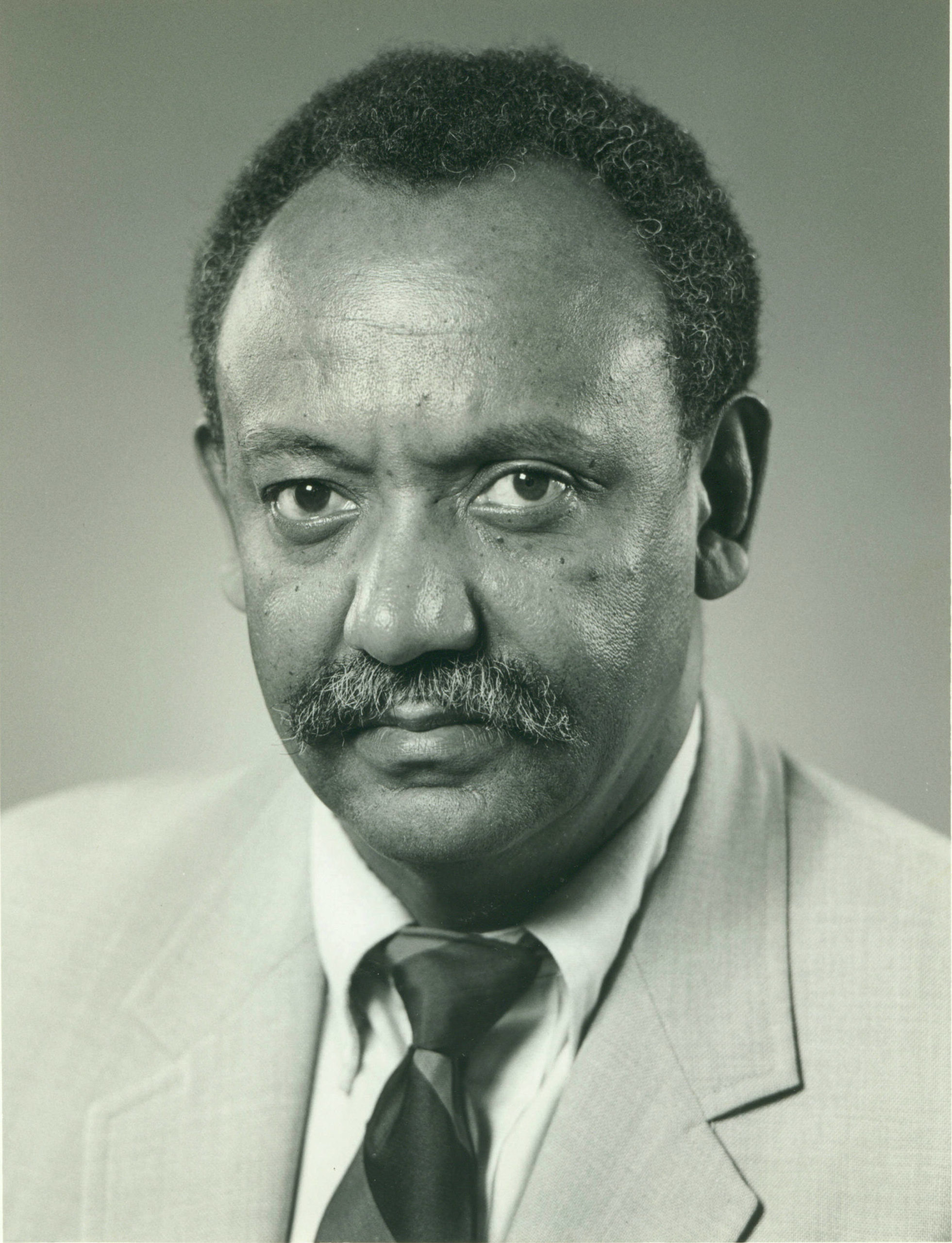Harold M. Rose
1930 - 2016

Harold Rose, distinguished professor emeritus of geography and urban studies at the University of Wisconsin-Milwaukee, and pioneer in research on race and segregation, passed away on February 2, 2016, at the age of 86.
Harold Milton Rose was born on January 8, 1930 in Nashville, Tennessee. He was raised by his grandparents, of whom his grandfather worked in a phosphate mine and his grandmother as a domestic.
Despite skipping several grades in school, he went to college at the age of 16 – somewhat by chance – having had heard that a friend had applied to Tennessee State, a historically black college, and been accepted. Rose paid his way through his four years of college by working in the cafeteria every day.
Having graduated with a degree in history and geography in 1950, Rose spent time in the Army then returned to Tennessee State to take some further geography courses. There he was encouraged by a professor to apply for a master’s program at Ohio State University.
He taught for a few years at Florida A&M University in Tallahassee, also a historically black college, before returning to Ohio State University for a doctorate in geography. His thesis, completed in 1960, was entitled “An Analysis of Land Use in Central-North Florida: A Study in Conservation.”
In 1962, Rose received a joint appointment in the departments of geography and urban affairs at the University of Wisconsin-Milwaukee (UWM), one of the first tenured African American professors at the university. Although he was sought by other universities, Rose spent his entire career at UWM. This included serving as chair of the Department of Urban Affairs (1970-1973 and 1974-1977), Department of Afro-American Studies (1977-1978), and Department of Geography (1990-1994).
Although Rose began his academic career exploring issues of natural resource management, he shifted focus after arriving in Milwaukee in 1962. He had moved to a deeply segregated city during a time of heightened civil rights activism around housing and school segregation. He pioneered research on the conditions faced by African Americans and went on to build a national reputation in the field, specifically how racism and racial policy affected urbanization.
Rose’s foundational work on racial discrimination and segregation challenged urban geographers to consider the ghetto as produced through both spatial and social processes. His scholarship established that examining segregation was not just about mapping the distribution of racial groups across the urban landscape, but also about understanding the social processes and attitudes about race that produced those patterns.
He conducted community-engaged research field research on the quality of life in black communities, the black ghetto, black residential mobility and interregional migration, high rates of homicide in many black communities, and the experience of blacks and Cubans in Miami.
Among his many publications on race, segregation and violence were the books “The Black ghetto: a spatial behavioral perspective” (1971), “Black Suburbanization: Access to Improved Quality of Life or Maintenance of the Status Quo?” (1976), and “Race, Place and Risk: Black Homicide in Urban America” (1990, coauthored with Paula McClain).
His academic research was driven by his passion for social justice. Aside from his scholarship, he was extensively involved in community service, from his early work with the Milwaukee Urban League to his seat on the Board of Directors for the community-based North Milwaukee State Bank.
Rose retired from UWM in 1995 as distinguished professor emeritus, after thirty-one years of teaching, pioneering scholarship, and a remarkable career of mentoring and public scholarship. The university established the Harold M. Rose Lecture series focused on race and urban social justice in tribute to his legacy to the department, the university and the discipline of geography.
Rose joined the American Association of Geographers in 1955. In 1976 he was elected its President, the first – and to date only – African American to hold that position. He used his platform to challenge urban racial segregation and discrimination. His presidential address entitled “Geographies of Despair” (subsequently published in the Annals of the AAG in 1978) voiced the need to expand research into the experiences of African Americans.
In 1996 Rose was awarded the AAG’s Lifetime Achievement Honor and in 2012 an award was created in his name – the Harold M. Rose Award for Anti-Racist and Practice in Geography – to honor geographers who have advanced the discipline through their research on racism, and who have also had on impact on anti-racist practice. To date the award has been given to Donald Deskins, Jr. (2013), Ruth Wilson Gilmore (2014), and Bobby Wilson (2015).
With the passing of Harold Rose, geography has lost an extraordinarily important figure. His research made significant contributions to geographic understandings of segregation and racism as a socio-spatial process. His work was courageous in challenging racism at a time when very few in geography even acknowledged racism and its consequences. He was also an exemplar of how scholars can go beyond theoretical understandings of social practices to engage actual communities and to make a difference in human life. Rose regretted that his life required him to be consumed with issues of race, but he knew that to be less involved was ‘simply not possible.’
Harold Rose was humble, kind and generous. He will be fondly remembered by many former colleagues and students at UWM and across the United States. He is survived by his lovingly wife of 60 years, Ann Louise, their son, Gregory, a granddaughter and three great-grandchildren.